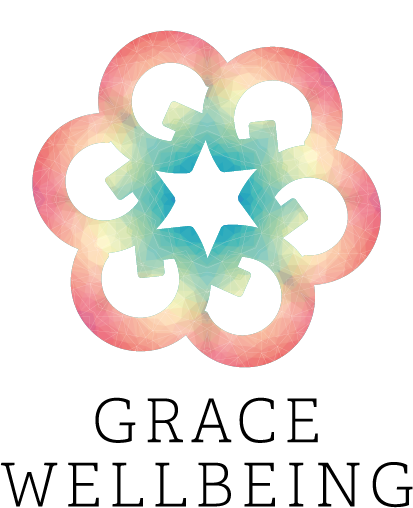You make time for the gym. You squeeze in a visit to the in-laws once a week. You prep your lunches to make sure your lunch is brimming with nutrients and whole foods. But are you scheduling solid time for your wellbeing? Relaxation isn’t something that happens; it needs to be worked at. If you think your mental health is getting overlooked, it’s time you had a strategy.
Stress is at epidemic proportions. Work-related stress is one of the biggest causes of illness absenteeism in the UK. In the financial year 2017-18, 15.4 million working days were lost to work-related stress.1
With International Stress Awareness Week2 coming up, it’s fair to ask that with social media being rife with self-care tips and tricks, mindfulness, and meditation, why we aren’t better at relaxing?
The answer may lie in the fact that relaxation is a skill in itself. Sometimes it’s difficult; we need to build habits over time, be prepared to experiment and try things we hadn’t previously considered. Sometimes it sees us confronting uncomfortable things about ourselves, and our emotional and physical needs. Once we accept that it’s not a walk in the park, we can learn ways to develop a bulletproof relaxation toolkit.
Here are our 5 Tips to Develop your Wellbeing Strategy.
1) Get it in the Diary: Important meeting? Your wellbeing is the foundation that will get you there and everywhere else you want to be in life, so diary it like you would your meeting.
2) Invest in a weighted eye pillow: Sound like snake oil? Research shows that a light pressure on your eyes kicks off the oculocardiac reflex which slows the heart rate. They are an inexpensive shortcut to relaxation.
3) Breathe: it’s obvious right? Taking 30 seconds here and there throughout the day to take a few deep breaths from the diaphragm keeps the wolf from the door.
4) Book a therapy: reflexology, Bowen Technique, massage and other touch therapies are a great way to carve out time for you and provide a multitude of benefits, such as improved circulation and sleep pattern. Talking therapy can help you address issues from your past and present to help you move forward positively.
5) Practice using a kind inner dialogue: arguably the most important part of your toolkit. Give yourself a break and talk to yourself with a bit of kindness and respect. You’d do it for a stranger, why not yourself?
